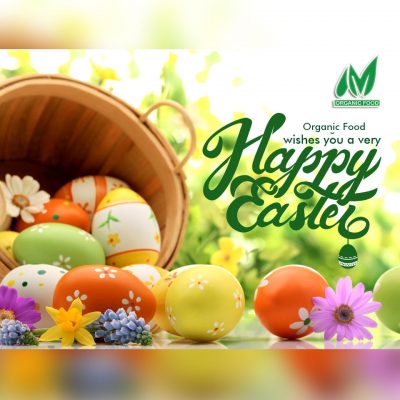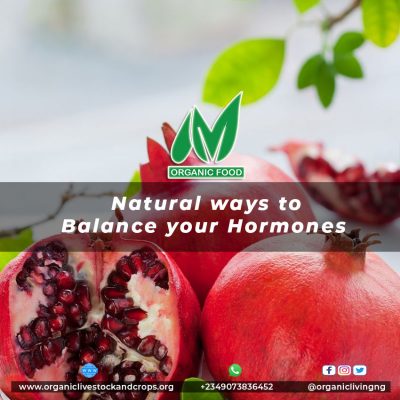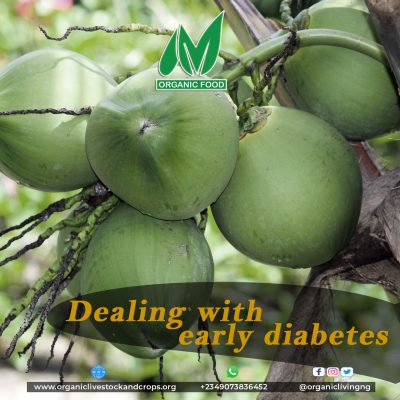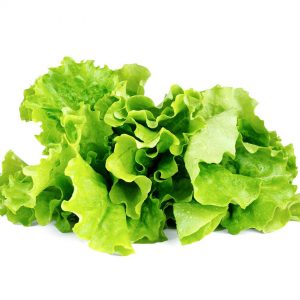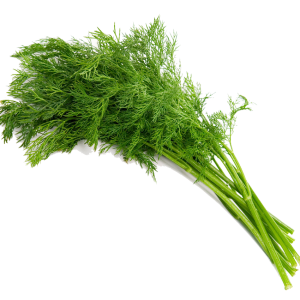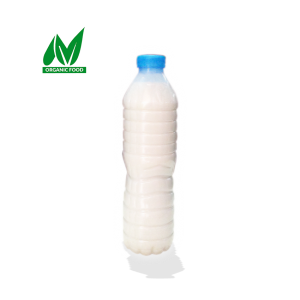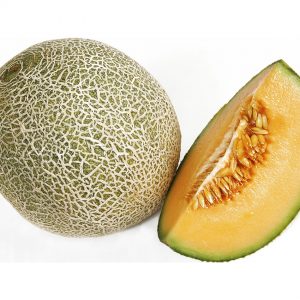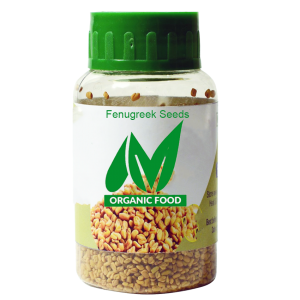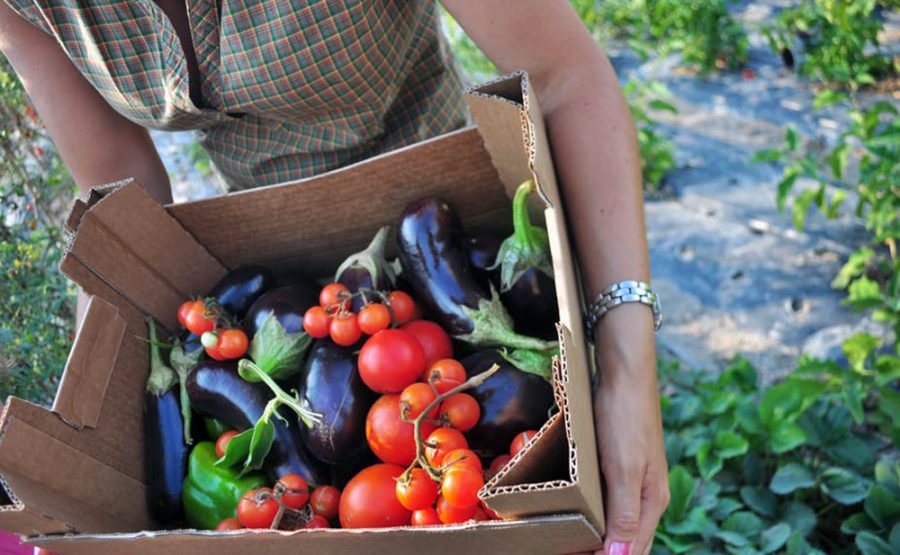
Organic food is for everyone
The Trend for organic food is gradually growing around the world.
In 2016 alone, global sales of organic food reached the $40 billion mark for the first time. And while organic food might still account for only a small portion of the food and drink market, sales are on the rise in many regions. A recent report by the Organic Trade Association revealed that 82 percent of U.S. consumers buy organic regularly.
In many developing countries, however, organic food is still met with a healthy dose of skepticism. It costs more to grow on a large scale, which results in a higher selling price. Many people therefore view organic food as a privilege for the wealthy, or as a mere status symbol.
A few people may be unwilling to pay for higher-priced goods they perceive to be no different from what is already on their plate. In such cases these people just need to be fed. If they cannot afford the regular food, they won’t be able to afford organic food.
The truth is, however, that there are real benefits to organic foods, and we need to find ways to make them more accessible and affordable to all.
Despite recent debate over the nutritional disparity between organic and non-organic foods, in 2014, researchers looked at 343 peer-reviewed publications that showed statistically significant differences in composition between organic and non-organic crop-based foods. The studies used different experimental designs carried out in countries or regions with varying agronomic and climatic conditions. Among other things, they found organic foods to have had a higher range of antioxidants, such as polyphenolics, compared to conventional foods. Antioxidants protect the body against aging, cardiovascular diseases, neurodegenerative diseases, and certain cancers by mopping up harmful molecules in the body called free radicals.
Farming practices have shifted from the old methods to dependence on chemicals in many developing countries. While disagreement persists over the amount of pesticide residue found in organic crops, scientific studies have found the levels to be lower than in conventional crops. Organic foods also contain less toxic metal, such as cadmium, which can accumulate in the body and cause kidney and lung damage. The regulations that certify a food product as organic prevent exposure to the substances that contribute to life-threatening illnesses.
Organic farming could also address the problems of soil degradation and river pollution from excess fertilizer in different parts of the world, including Africa, a continent that has been hit particularly hard by land degradation. Organic practices—such as crop rotation, cover cropping, inter-cropping and minimum tillage—encourage soil life and improve soil structure and stability. In fact, according to the Food and Agriculture Organization of the United Nations, organic farming practices help soil retain nutrients and water through a process called nutrient and energy cycling. These alternative means of enhancing soil fertility compensate for the lack of mineral fertilizers used in conventional crops.
There is great economic potential from organic agriculture as well. It generates up to 35 percent more profit than conventional farming, provides more rural employment opportunities, and opens markets in other countries. This is particularly relevant in the African context, where organic farming would create jobs for the continent’s recent graduates, 50 percent of whom are unemployed. Organic farming also has the opportunity tap into the trillion-dollar food market that Africa’s agribusiness could create by 2030.
Currently, organic farming often produces lower yields than conventional farming. Governments should allocate more funds for research aimed at improving the productivity of organic farms, so more crops can be produced per acre without relying on synthetic pesticides and fertilizers. This can help reduce the prices of organic foods and make them more affordable in low-income countries.
Taking advantage of the economic and health benefits of organic food production will require commitment and political will through the adoption of new regulations, as well as efforts to educate farmers and consumers. In most developing countries, standard regulations and agencies have not been set up to handle organic foods, crops, and livestock products. As a result, food items are rarely labeled organic in supermarkets, and consumers are not aware of the option to buy organic products.
Creating these agencies could be a first step in bringing organic products to the attention of the people.
Government bodies might not have the resources and capacity to tackle this task, so independent and non-governmental organizations could direct certification processes. Large grocery stores could even consider developing their own certification mechanisms. Such third-party certification could be a way to streamline the process of organic labeling. These outside regulatory bodies, authorized by government regulatory bodies, could also assist organic farmers and those intending to start organic farming in tackling the challenges this method entails, such as pest control and yield optimization.
Organic agriculture is not meant to be a panacea for the food issues facing many developing countries, such as hunger and malnutrition, but it is a step toward building a more robust agricultural sector. That, along with the improvements to soil health and reduction in water pollution, is good for food security in the long run.
Moving away from the perception of organic food as a luxury will require time and effort, but ultimately, it is worthwhile to ensure that everyone can choose organic products affordably. Organic farming is good for the environment, good for business—especially for smallholder farmers—and good for African consumers.



